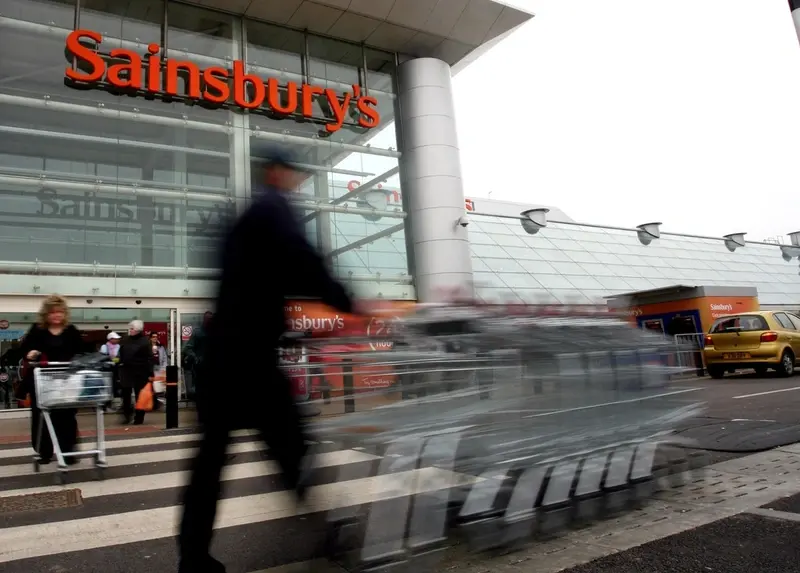
Shares in supermarket chains Wm Morrison (MRW) and J Sainsbury (SBRY) drop close to 12-month lows on Wednesday after the latest sales data from market research firm Kantar Worldpanel shows a slowdown in growth.
Morrison's shares fall 1.3% to 197p while Sainsbury’s shares fall 0.7%, also to 197p. Shares in Tesco (TSCO) fall 3% to 231p.
SAINSBURY'S WORST HIT AS DISCOUNTERS GAIN GROUND
Grocery sales for the 12 weeks to 19 May grew by just 1.3% according to analysis from Kantar. That compares with growth of 2% in the previous 12-week period to 21 April and suggests a major slowdown this month.
In fairness, grocery sales last May were boosted by record temperatures, boosting demand for ice cream, beer and sun-tan lotion, and by the royal wedding celebrations. This year more moderate weather and a lack of major events has tempered some of that extra spending.
Sales at Sainsbury's were down 1.7% in the latest 12-week period, marking the eighth month in a row that the 150 year-old retailer has posted negative growth. Sales at Morrisons were down 0.4% while market leader Tesco (TSCO) managed to keep sales flat compared with the same period a year ago.
The big gainers, as usual, were the hard discounters Aldi and Lidl, whose sales grew by 11.1% and 8.5% respectively due to their aggressive store-opening campaigns.
In terms of market share, the metric most closely watched by analysts, Tesco’s 27.3% share in the 12 weeks to 19 May was down 0.4% compared with the same period last year while Sainsbury’s 15.2% share was down 0.5% on last year.
Since the start of the year, Sainsbury's has lost a full percentage point of market share while the German discounters have gained a percentage point to 13.8% and are now snapping at its heels as well as those of rival Asda, which also holds a 15.2% share.
VOLUMES BARELY GROWING
Of the 1.3% increase for sales as a whole, only 0.1% came from volumes while price rises accounted for the other 1.2%.
Volumes have been weak all year, with average growth of just 0.3% over each of the five 12-week periods reported by Kantar. In contrast, prices have risen by an average of 1.4% although this is significantly lower than a year ago when prices rose by an average of 2.6% over each of the first five months.
The trick for the supermarkets is to try to grow volumes without having to cut prices and for the last 12 months the overall level of discounting has been falling steadily.
However since the start of the year Tesco seems to have been rowing against the tide and increasing its level of discounting, which may explain why its market share is suffering less than its rivals.
Its ‘100 years of value’ and Clubcard discount offers are resonating with customers and the introduction of lines from its Jack’s discount arm should also help generate incremental sales.




